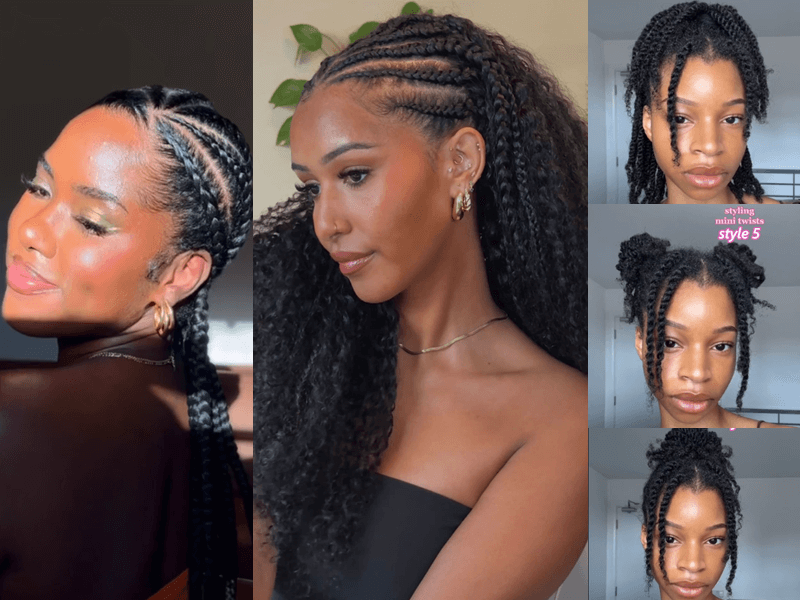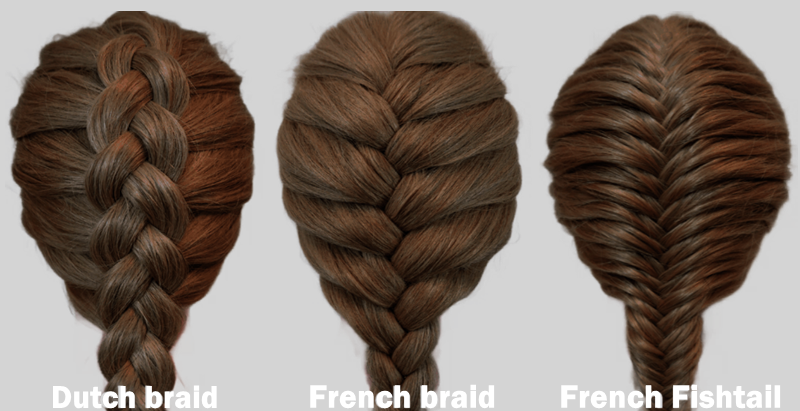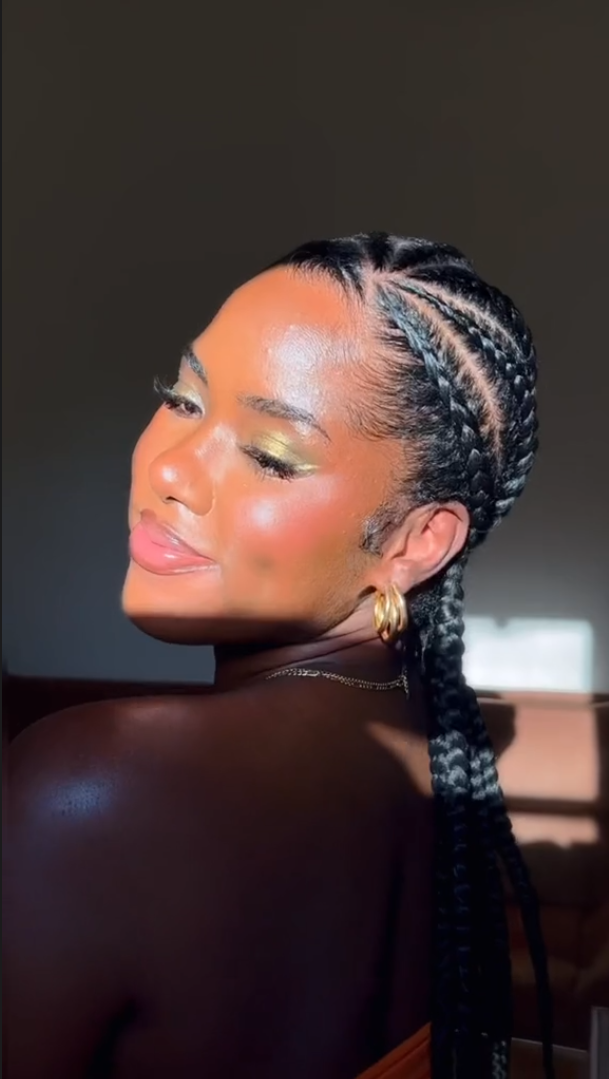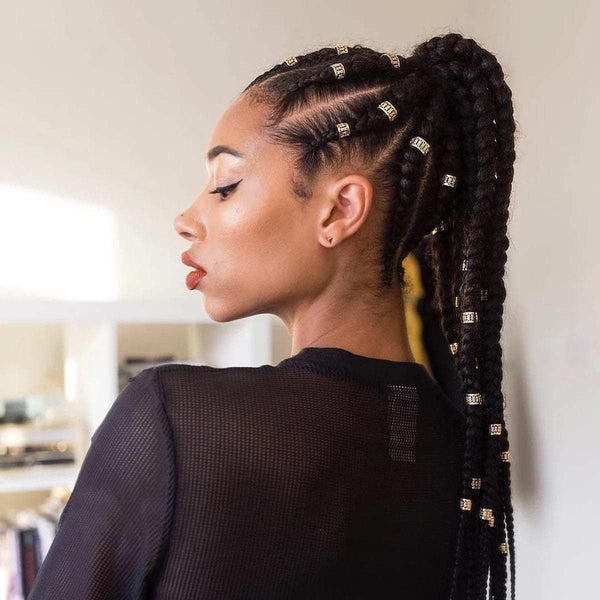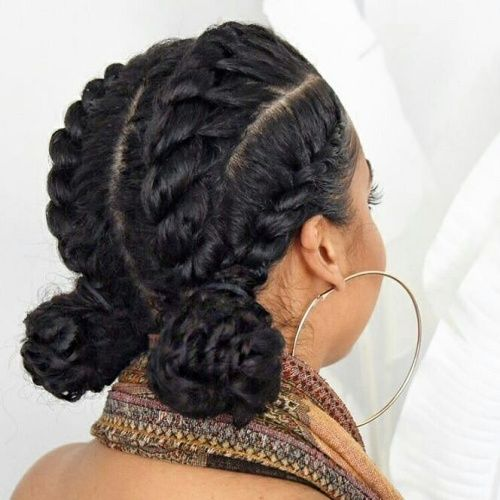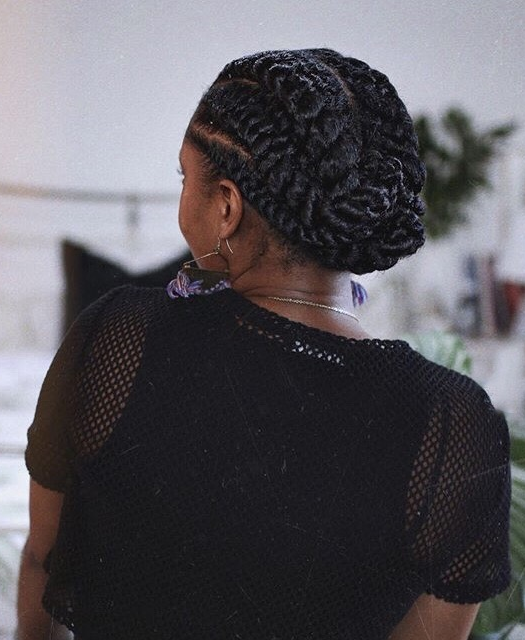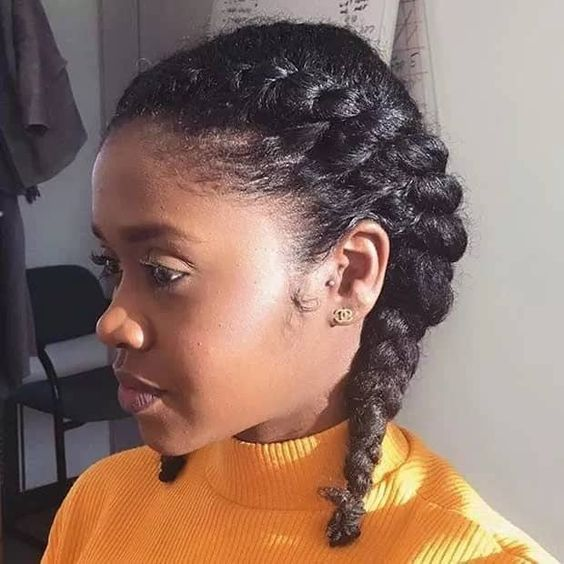Twists and braids are more than just hairstyles—they're a celebration of culture, identity, and beauty, especially for Black women. These styles have been cherished for generations, not just for their ability to protect natural hair but also as a canvas for creativity and self-expression. Recently, twists and braids have transcended cultural boundaries, becoming a mainstream fashion trend that’s embraced by people from all walks of life.
But let's be real—mastering these intricate hairstyles can be a challenge, especially if you’re trying to do it on your own.we know that learning to braid or twist your own hair can be daunting.That’s why we’ve put together this comprehensive guide to Basic Braids and Twists & Easy Braid Styles. Our goal is to help you master the fundamentals of braiding and twisting, whether you’re working with natural hair or using CURLSQUEEN'S clip ins,braiding hair,weft hair extensions, or other human hair extensions for added flair. Whether you’re a beginner or looking to up your game, this guide is here to help you create stunning, stylish hairstyles with confidence. So, let’s dive in and unlock the secrets to gorgeous, protective braid hairstyles together!
How to Do Basic Braids? Learn 6 Types for Beginners
Three-Strand Braid:
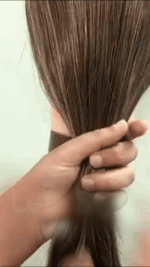
Also known as a classic braid, this is the most common and simplest form where hair is divided into three equal sections and alternately crossed over each other.French braid has a more subtle and sleek look.
French Braid:
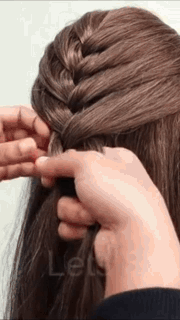
This braid starts at the crown of the head and incorporates strands of hair gradually as you braid down, allowing the braid to be attached to the head. It's a step up from the three-strand braid but still considered a basic technique. In a French braid, hair sections are crossed over the middle section and this is specifically referred to as the "overhand" braiding technique.
Dutch Braid:
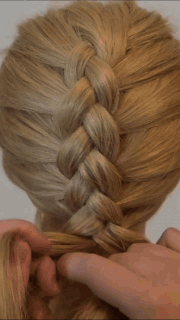
Dutch braids, often referred to as the reverse French braid, use the "underhand" braiding technique. The Dutch braid makes the braid appear to sit on top of the hair rather than being woven into it. It involves crossing the strands under each other instead of over, creating a raised braid.
Fishtail Braid:
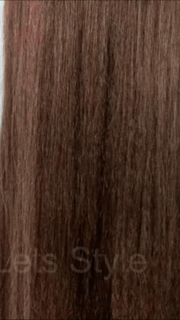
This braid is created with two sections of hair instead of three. Hair strands from the outer edge of each section are crossed over to the other section, which gives a herringbone or fishtail-like appearance. It's relatively simple once you get the hang of it.
Crown Braid:
This involves braiding the hair around the head. It can be done using Dutch or French braiding techniques, forming a "crown" or halo effect around the head.
Cornrow Braid:
Hair is continuously added from the scalp into each braid section as you go, using the underhand technique. You need to pull and stretch the hair with a slight press while braiding. This secures the braid to lay flat against the head and creates the distinctive row pattern.
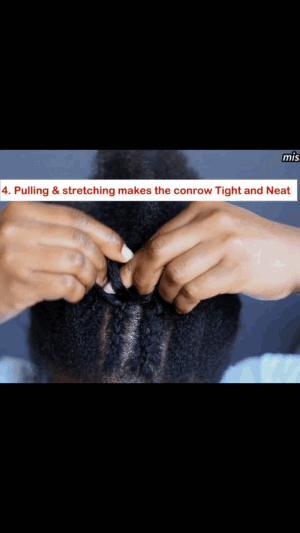
How to Do Basic Twists? Learn 3 Types for Beginners.
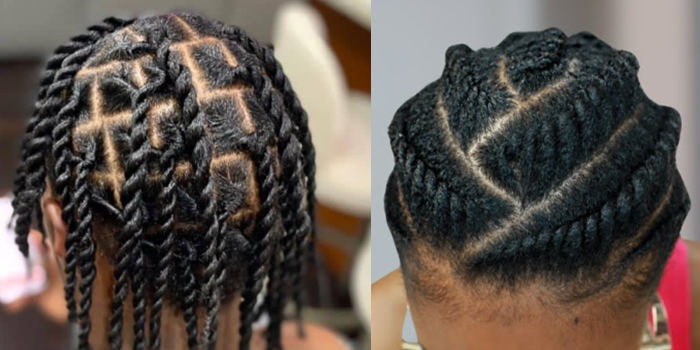
While not a braid in the traditional sense, a simple twist involves taking two sections of hair and twisting them around each other. This can be a very quick and easy alternative to braiding.
Two-Strand Twist
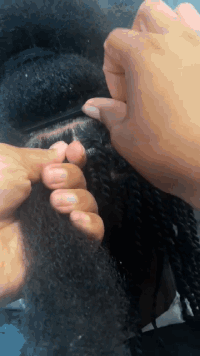
This is the most basic form of twisting. The hair is divided into numerous sections depending on the desired thickness of the twists. Each section is split into two, and the strands are simply twisted around each other from root to tip.
These styles are foundational and frequently serve as the building blocks for more complex braiding techniques. They're often the first styles learned by beginners.
Flat Twist
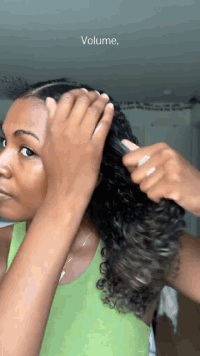
Similar to a cornrow but using two strands twisted together. The hair is divided into sections along the scalp, and as you twist, new hair is added to each section, continuing until all hair is incorporated into the twists, lying flat against the scalp.
Rope Twist
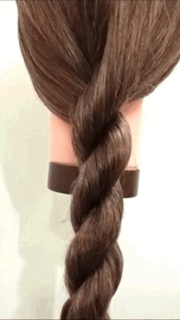
This technique starts with creating a two-strand twist, but each individual section is twisted on its own before being twisted together. This creates a more durable and defined twist.
How to Parting for Braids and Twists?
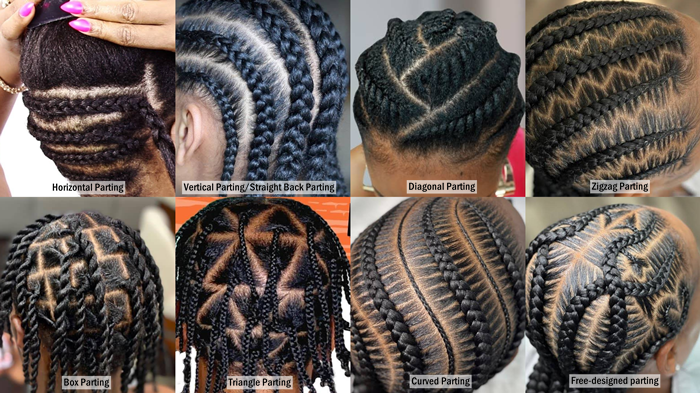
The main parting methods for braids play a crucial role in determining the overall look and style of the braid. Here are some of the most commonly used parting methods:
Horizontal Parting
Description: Hair is parted horizontally across the head, creating rows.
Use: Commonly used for cornrows and other styles that follow the contour of the head.
Vertical Parting/Straight Back Parting
Description: Hair is parted vertically, creating columns.
Use: Often used in conjunction with other parting methods to create various styles.
Diagonal Parting
Description: Hair is parted diagonally, which can either be from one corner of the forehead to the opposite nape or in smaller diagonal sections across the head.
Visual Effect: Creates an angled look that can add volume and a sense of movement to the braids.
Zigzag Parting
Description: Parts are created in a zigzag pattern across the scalp. This method is often chosen for its playful and less formal look.
Visual Effect: Adds a whimsical and casual flair to braids, making the roots less noticeable as they grow out.
Box Parting/Brick Lay Parting
Description: This involves parting the hair into square sections. It's a classic and widely used method for styles like box braids and twists.
Visual Effect: Creates a uniform, grid-like appearance on the scalp.
Triangle Parting
Description: Hair is sectioned into triangular shapes. This is a popular choice for adding a unique and stylish twist to standard braiding patterns.
Visual Effect: Offers a more dynamic and eye-catching layout compared to box parts.
Curved Parting
Description: Parts are curved, following the natural curvature of the head. This method is often used for styles like halo braids or when creating a more organic, flowing hairstyle.
Visual Effect: Produces a softer and more natural look, allowing braids to flow smoothly around the head.
Free-designed parting
Description: Parts are made without a specific pattern or symmetry, often used for more natural or bohemian styles.
Visual Effect: Results in a more casual and less structured appearance, giving the style a laid-back feel.
Easy Braid and Twist Hairstyles to Create by Yourself
Mini Two Strands Twist With Natural hair or Braiding Human Hair Extensions(5 Easy Styles)
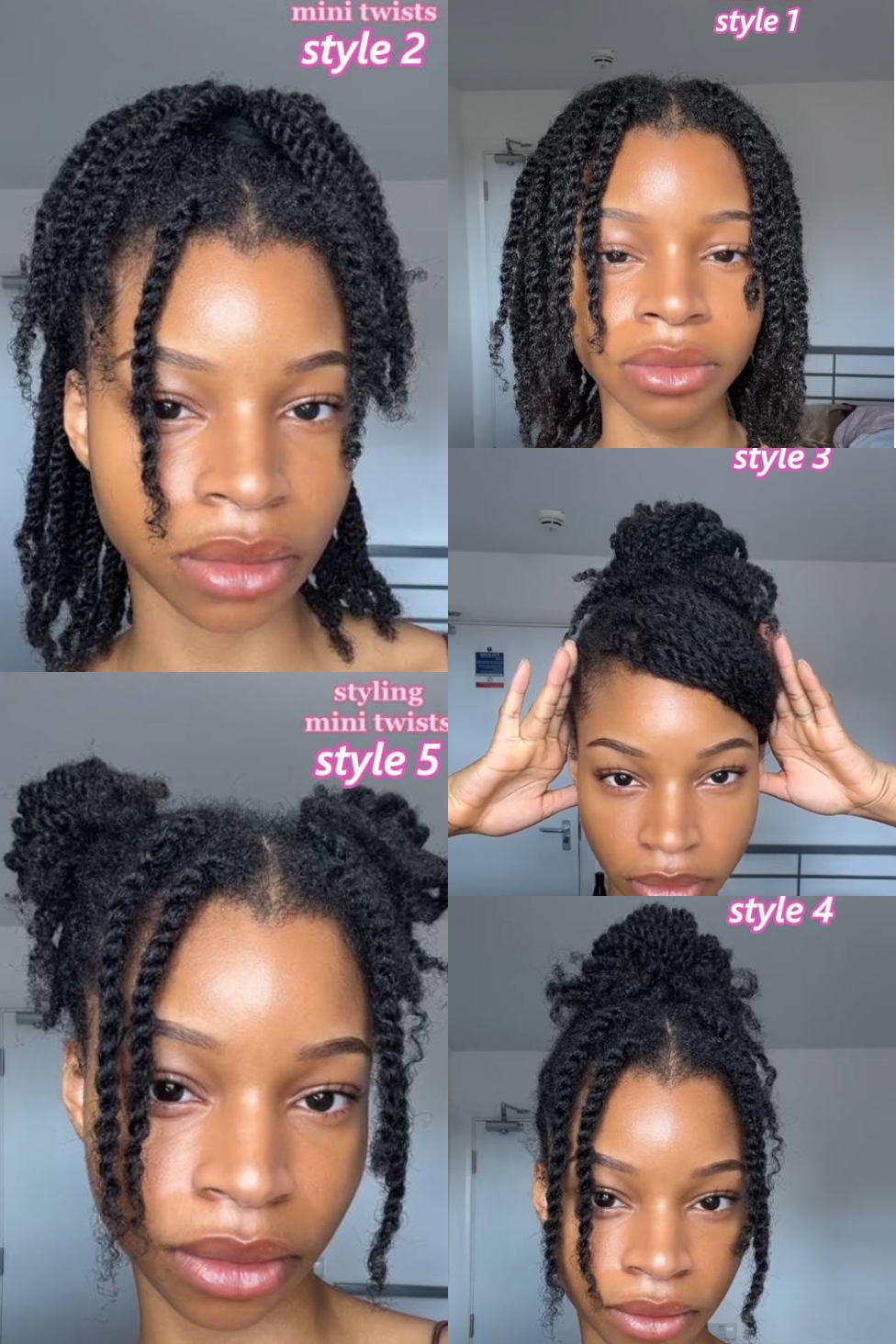
How To Twist with Human Hair Extensions
Check out these videos demonstrating how to create mini twist or faux locs with braiding human hair,4b4c coily clip ins or if you think making clip in loc extensions takes too long, you can simply order clip-in locs with the same texture instead↓
Straight Back Feed-in Cornrow Braids with Braiding Human Hair Extensions
Zigzag Braided Low Buns with Braiding Human Hair Extensions
Boho Braids with Braiding Human Hair Extensions
Half-Up Stitch Braid with Half-Down Clip-In Hair Extensions
The clip-in hair extensions used in the video is CURLSQUEEN 3b3c water kinky curly clip ins, 22 inches long.
Straight Back Cornrow Ponytail with Braiding Human Hair Extensions
Two Strand Flat Twists Pigtail Buns with Braiding Human Hair Extensions
Twisted Updo with Braiding Human Hair Extensions
Two Flat Twists Pigtails with Braiding Human Hair Extensions
Looking for an easy guide to choose the perfect hair extensions or a curly hair care tutorial?Check this out:
How to Choose the Best Hair Extensions for Short Hair with the Easiest Fit
The Complete Guide & Caring Tips For 3A Hair
(*If you are unsure about which texture to choose for blending, feel free to email our CSR (support@curlsqueen.com) with photos of your natural hair. We will provide you with our recommendations:)





